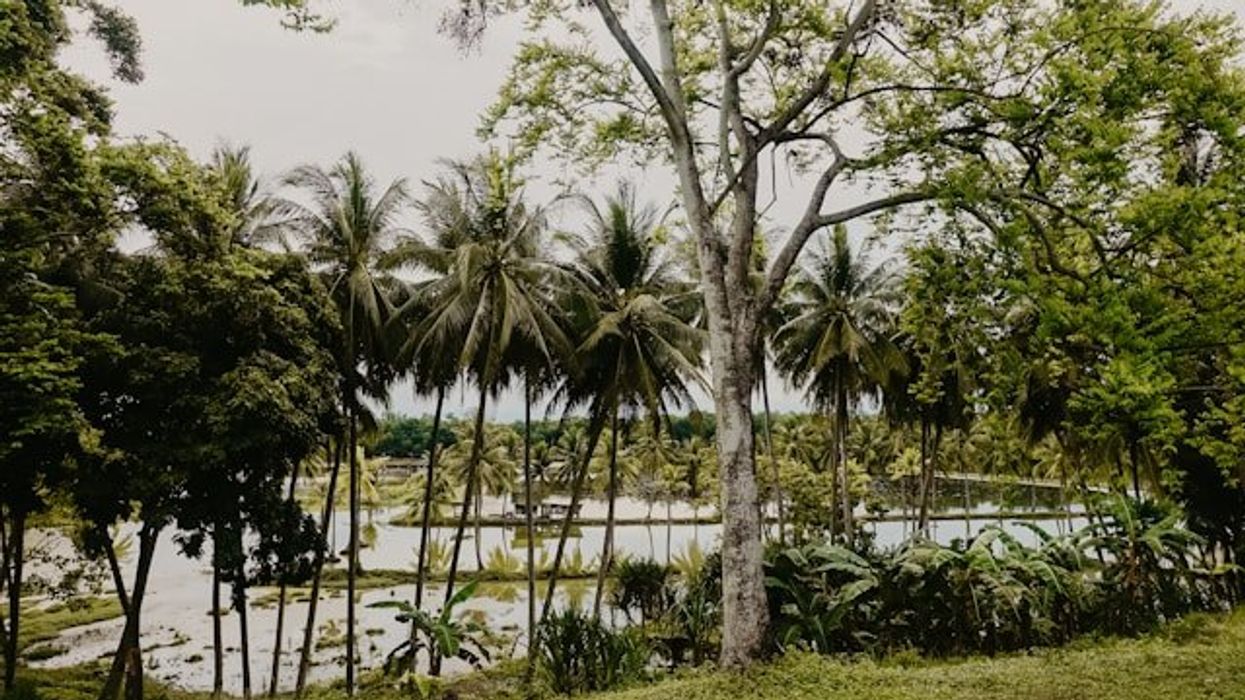Nearly 14 years after the United Nations declared the oil-tainted water of Nigeria’s Ogoniland a public health emergency, residents still drink from foul, benzene-laced wells.
AnuOluwapo Adelakun reports for the Pulitzer Center.
In short:
- United Nations investigators found benzene levels up to 999 times above safety limits in Ogoni groundwater, yet promised pipelines, waterworks, and health registries remain unfinished.
- Shell and the federally backed Hydrocarbon Pollution Remediation Project have cleaned select spill sites, but scientists documented lingering petroleum hydrocarbons, lead, and cadmium in supposedly restored soils and rivers.
- Locals bury dozens of young adults each month; independent tests link kidney failure, miscarriages, and aggressive cancers to chronic exposure from drinking, bathing, and fishing in contaminated water.
Key quote:
“A clean and healthy environment is a fundamental human right.
— Mike Cowing, United Nations Environment Programme
Why this matters:
The Niger Delta is one of the world’s most oil-rich basins, yet the crude that powers export earnings coats wetlands, wells, and dinner plates in Ogoniland. Chronic exposure to benzene — a leukemia-causing solvent — and heavy metals such as cadmium gradually damages kidneys, weakens immune systems, and can create serious risks for pregnancies. Children play beside slicks that smell of kerosene; fishermen haul nets filled with dwarfed, oily catch; mourners crowd casket markets as life expectancy falls. Ogoniland’s plight underscores how weak regulation, aging pipelines, and opaque compensation deals can transform an energy boom into a health crisis, raising hard questions about corporate accountability and the state’s duty to protect vulnerable communities.
Related: Shell's exit from the Niger Delta raises environmental accountability concerns
















